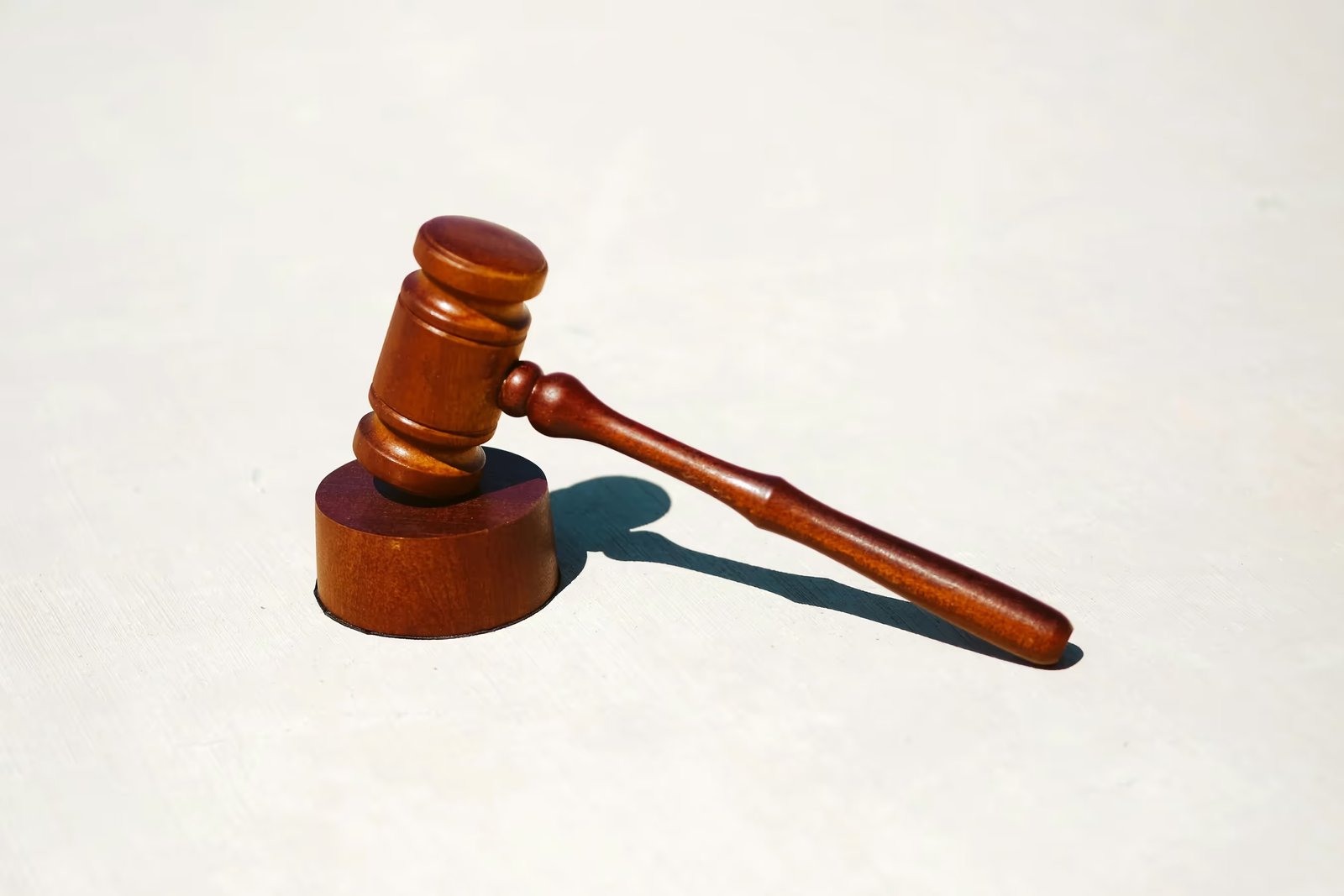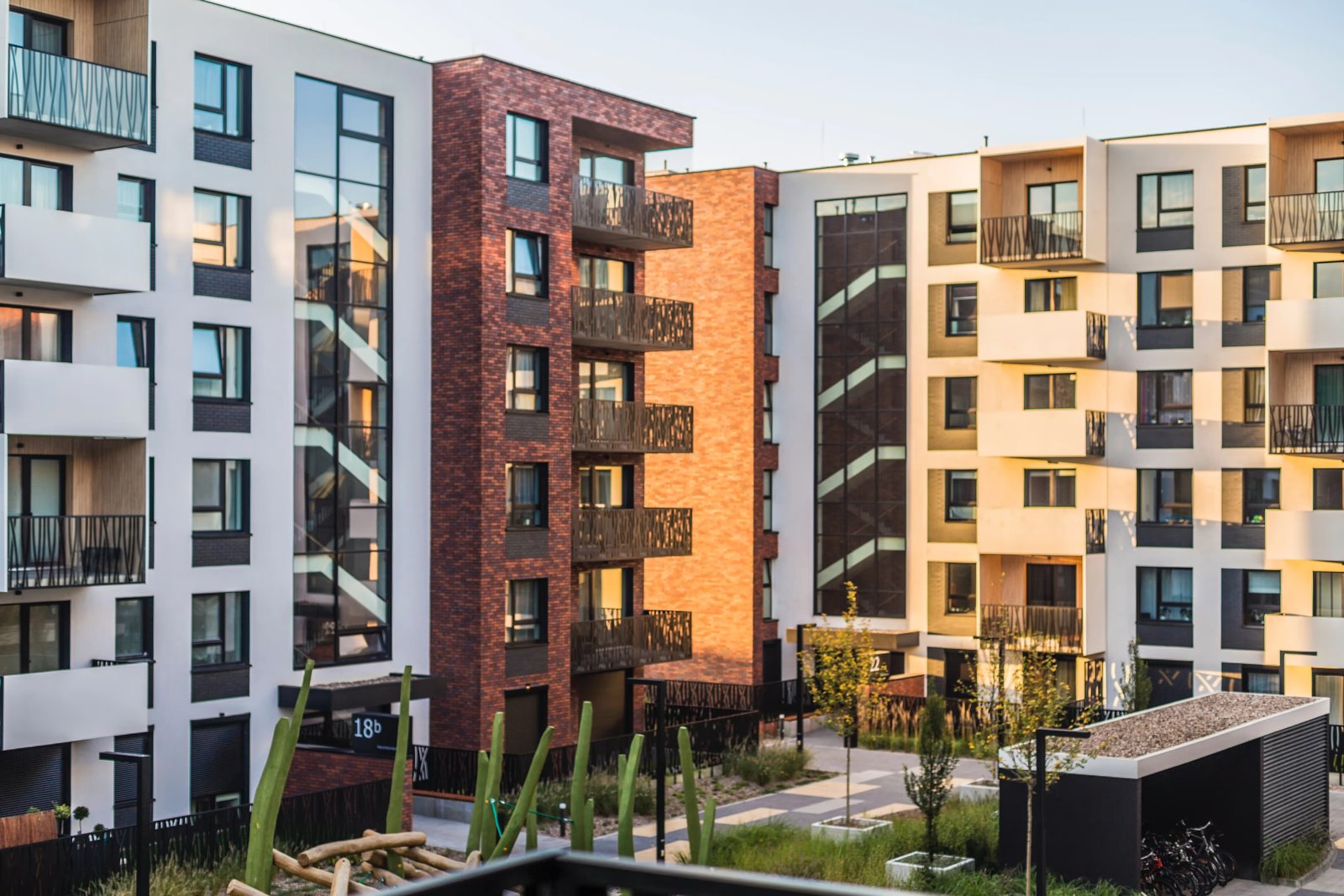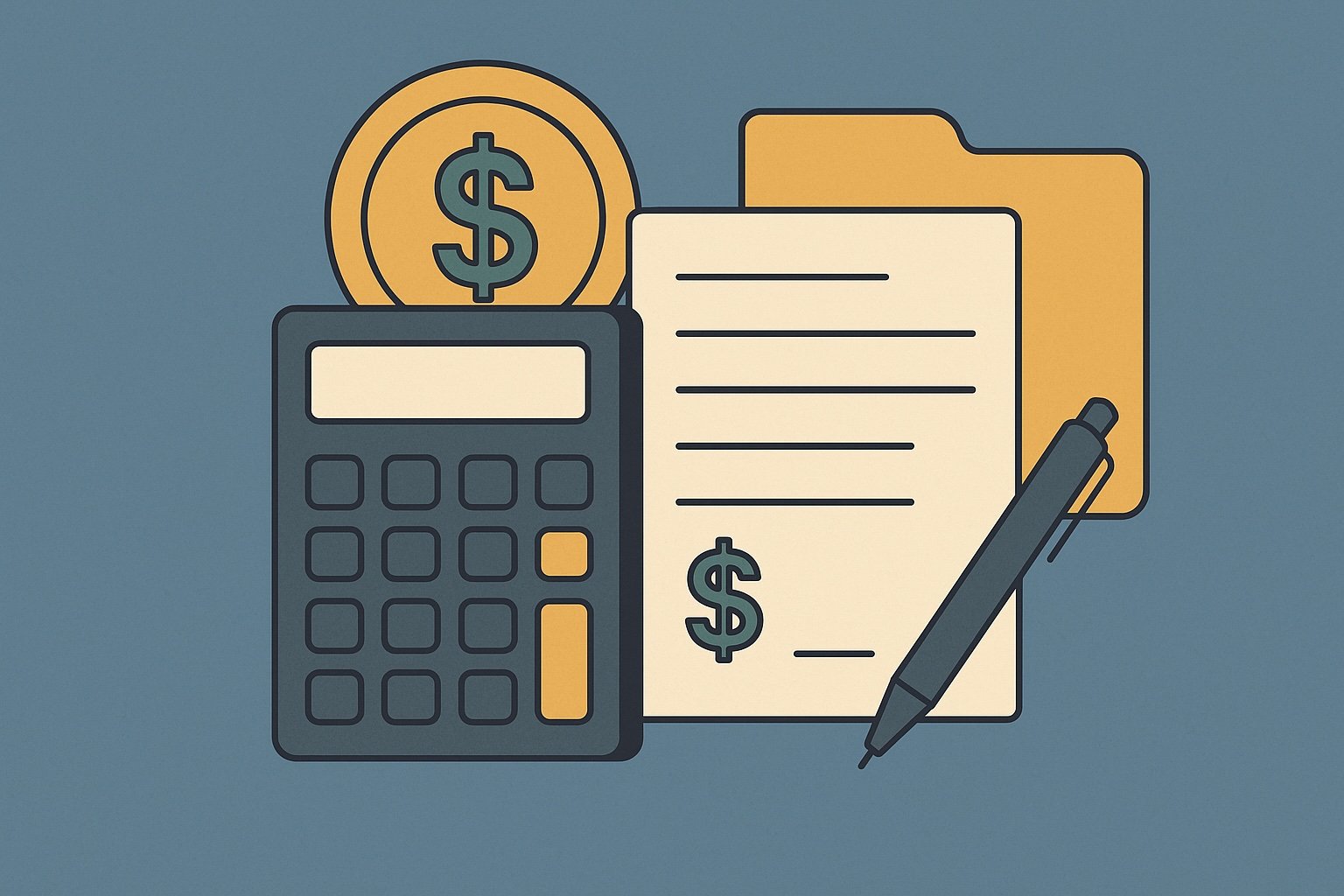Question
ARTE's Answer
Engaging in a 1031 exchange with a property that has been your home can be a bit complex, but it is possible under certain conditions. The key is to understand how to navigate the rules of both Section 1031 and Section 121 of the Internal Revenue Code. Here’s a detailed explanation of how you can potentially execute a 1031 exchange with your home, along with an example to illustrate the process.
1. Qualifying Your Home as Investment Property
A 1031 exchange is typically used for investment or business properties, not personal residences. However, if you have used your home as a rental property or for business purposes, you may be able to qualify. The property must be held for productive use in a trade or business or for investment. To establish this status, convert your home into a rental property—commonly by renting it out for at least a year to demonstrate investment intent.
2. Identifying a Like-Kind Replacement
Once your former home is considered investment property, you can initiate a 1031 exchange. You must identify and acquire a replacement property held for investment or business purposes. “Like-kind” generally means any real estate held for investment or productive use, so you have broad flexibility.
3. Incorporating the Section 121 Exclusion
Section 121 of the Internal Revenue Code lets you exclude up to $250,000 of gain ($500,000 for married couples) from the sale of your principal residence if you lived in it for at least two of the last five years. You can combine this exclusion with a 1031 exchange under certain conditions, effectively reducing the amount of gain you need to defer.
Example:
- You purchased your home for $200,000 and lived in it as your principal residence for three years.
- You then converted it into a rental property and rented it out for two years. The property’s value has now risen to $500,000.
- You decide to sell and use a qualified intermediary (e.g., Deferred.com) to facilitate a 1031 exchange.
- Your total gain on the sale is $300,000. Under Section 121, you exclude $250,000 of that gain, leaving $50,000 subject to tax.
- You defer the remaining $50,000 by reinvesting proceeds into a replacement property worth at least $500,000 via the 1031 exchange, avoiding immediate capital gains tax on that portion.
Remember to follow 1031 exchange rules: identify the replacement property within 45 days of sale and complete the acquisition within 180 days. The replacement property must also be held for investment or business purposes.
At Deferred.com, we offer a No Fee Exchange, which can save you money during this process. As your qualified intermediary, we structure the exchange to meet IRS requirements and help you maximize your tax deferral benefits.
This strategy requires careful planning and execution. Always consult with a tax professional or real estate attorney to ensure compliance with all applicable rules and regulations.
Have more questions? Call us at 866-442-1031 or send an email to support@deferred.com to talk with an exchange officer at Deferred.
Sources
- Split Treatment Transactions - Obtaining Deferral Under Section 1031 & Exclusion Under Section 121 (Article)
- Deferring Losses On The Sale of Property Using 1031 Exchanges
- Goolsby v. Commissioner
- Rev. Rul. 2002-83 (Related Party Exchanges)
- What To Do About Exchange Expenses in a Section 1031 Exchange? (Article)
- TAM 200039005 (Failed Reverse Exchanges)
- Rev. Proc. 2005-14 (Section 1031 and Section 121 Combined)
- Starker v. United States
1031 Question? Ask ARTE
Deferred's AI 1031 Research Assistant is trained on 8,000+ pages of US tax law and outperforms human CPAs by 22%+
CHAT NOW
Learn More
See more frequently asked questions about 1031 exchanges








